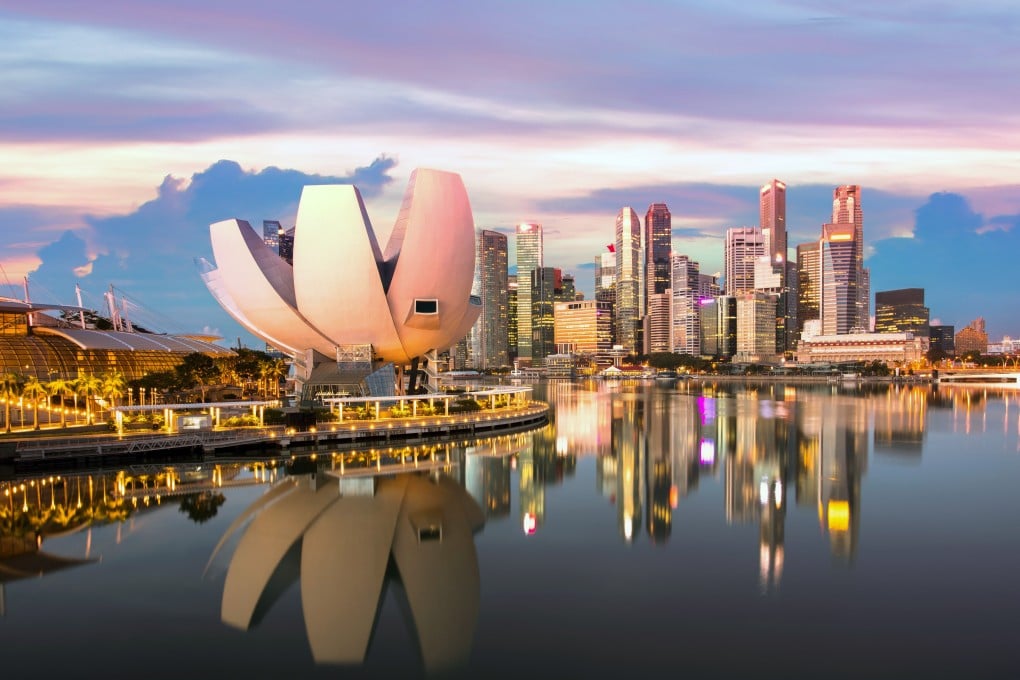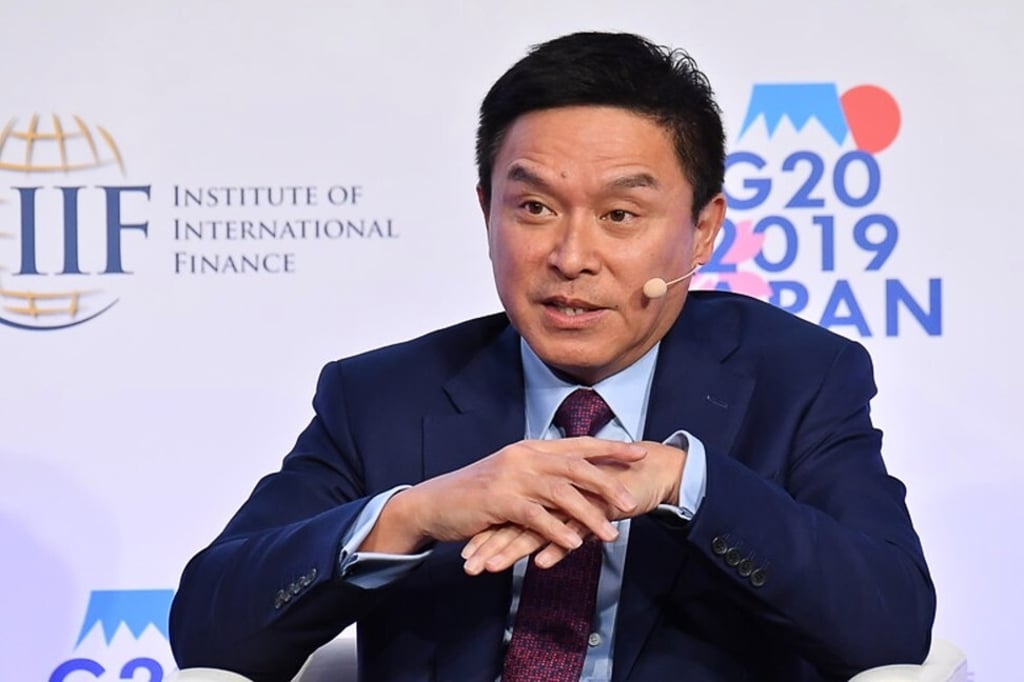Exclusive | Hong Kong has lost out on rich people’s fresh funds to Singapore so far this year, existing deposits stay put, UBS says
- Most of regions’ ultra-wealthy have asked private bankers at UBS to place new money in Singapore rather than Hong Kong, lender’s president says
- Asian tycoons are cashed up and scouting for bolt-on businesses

As Asia’s rich contemplate where to place their nest eggs, most have overwhelmingly chosen Singapore over rival international financial centre Hong Kong so far this year, according to the region’s largest wealth manager.
High-net-worth individuals have mainly instructed their private bankers at UBS to place new money in Singapore rather than Hong Kong, said Edmund Koh, the Swiss bank’s president in the Asia-Pacific region. Last year, the region’s high-net-worth individuals opened more new accounts in Singapore than usual, but did not move significant dollops of cash out of Hong Kong.
“Hong Kong will lose absolute new money. For existing money, Hong Kong has not lost a single cent – not in our house,” Koh said in an interview.

This chimes with Hong Kong government data that showed the net outflows of financial non-reserve assets hit HK$255.2 billion (US$32.93 billion) last year, higher than the HK$165.9 billion recorded in 2018. Net outflows of portfolio investment mainly drove the rise. This capital flight, however, was just a small percentage of the city’s Hong Kong dollar denominated deposits of HK$6.875 trillion and US dollar denominated deposits of HK$5.153 trillion.